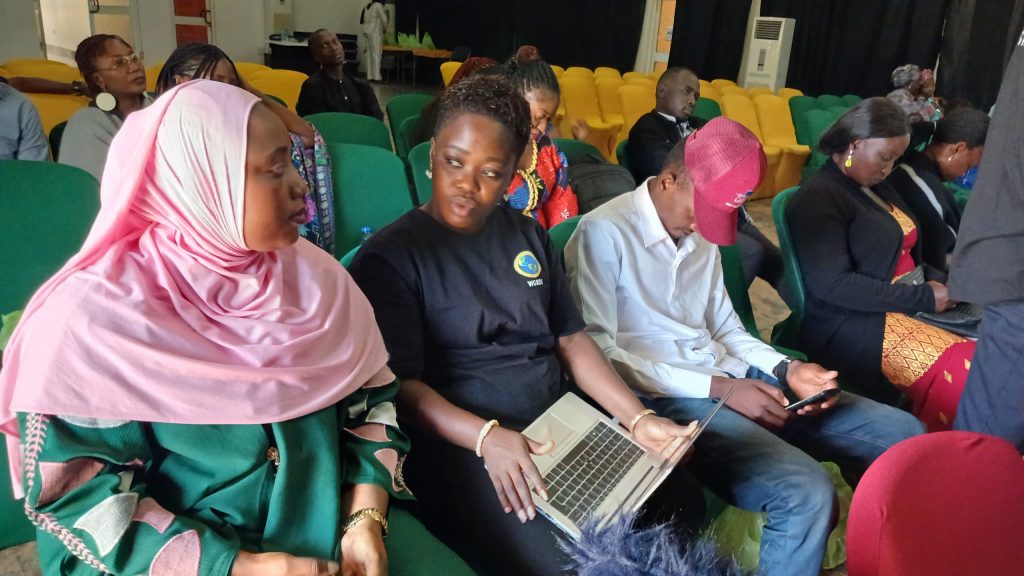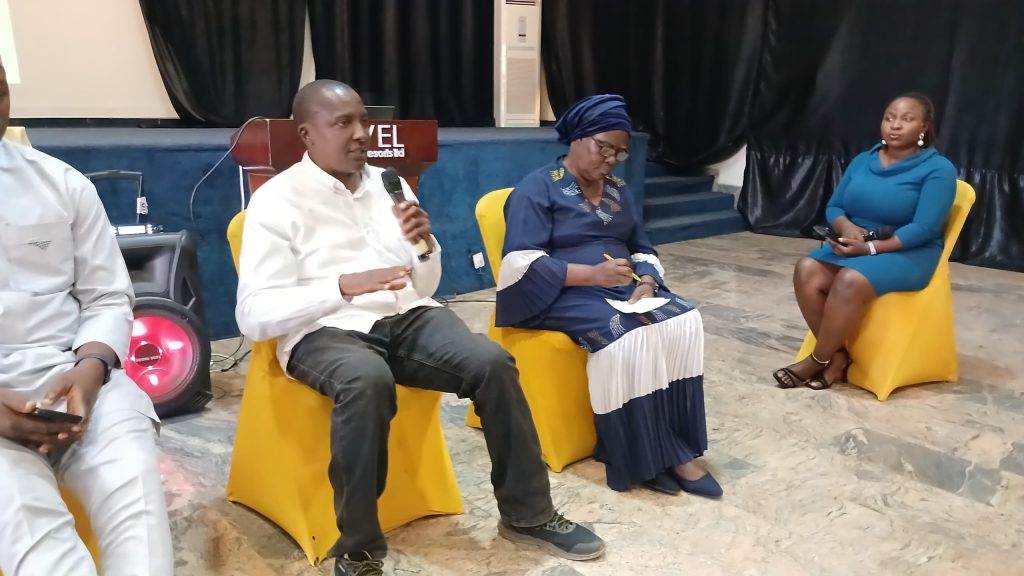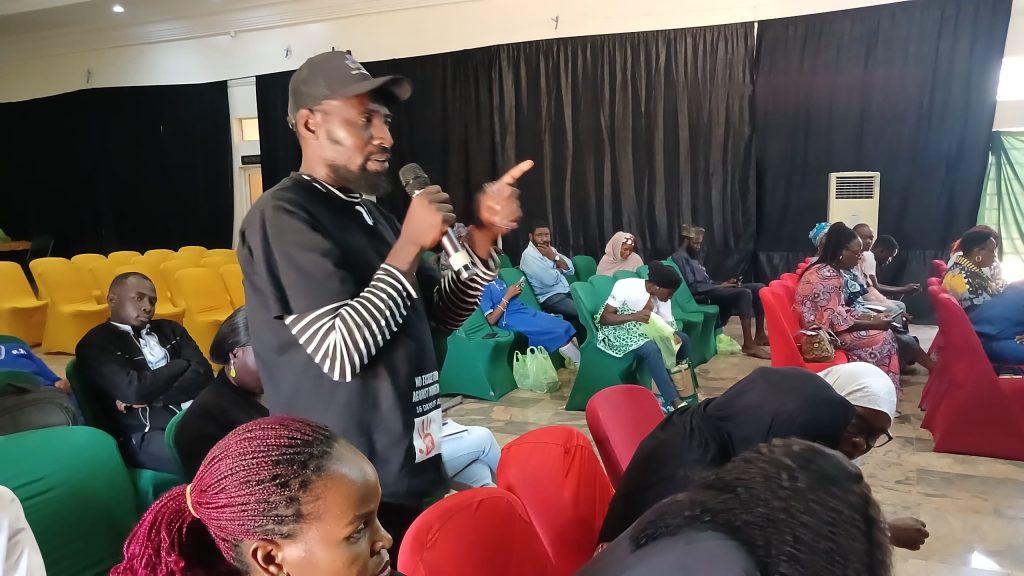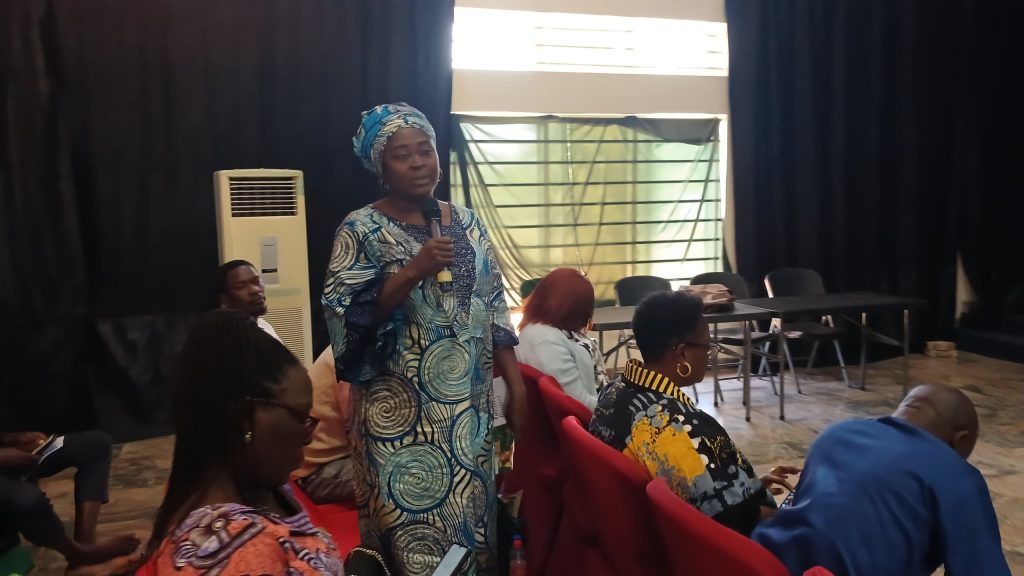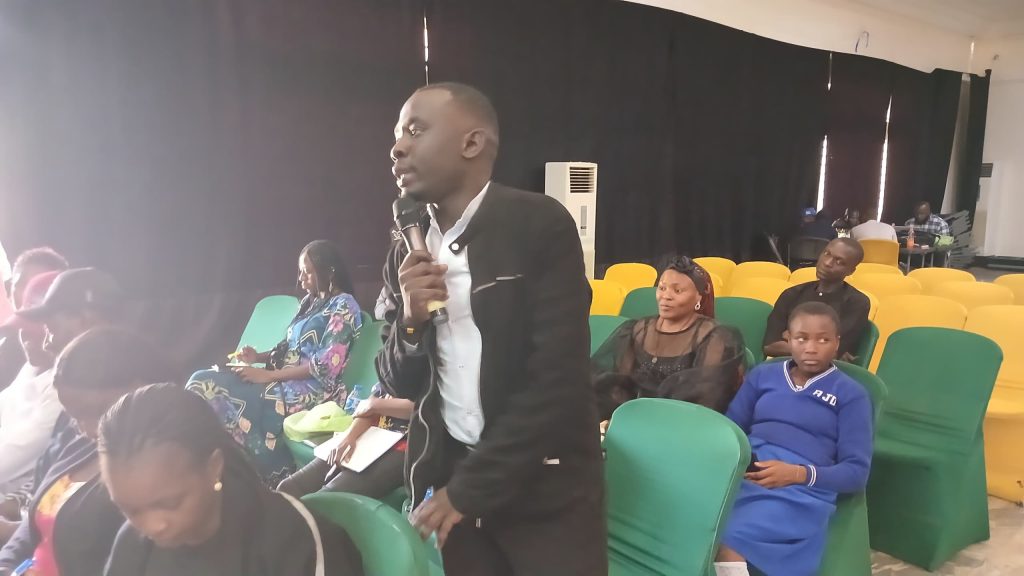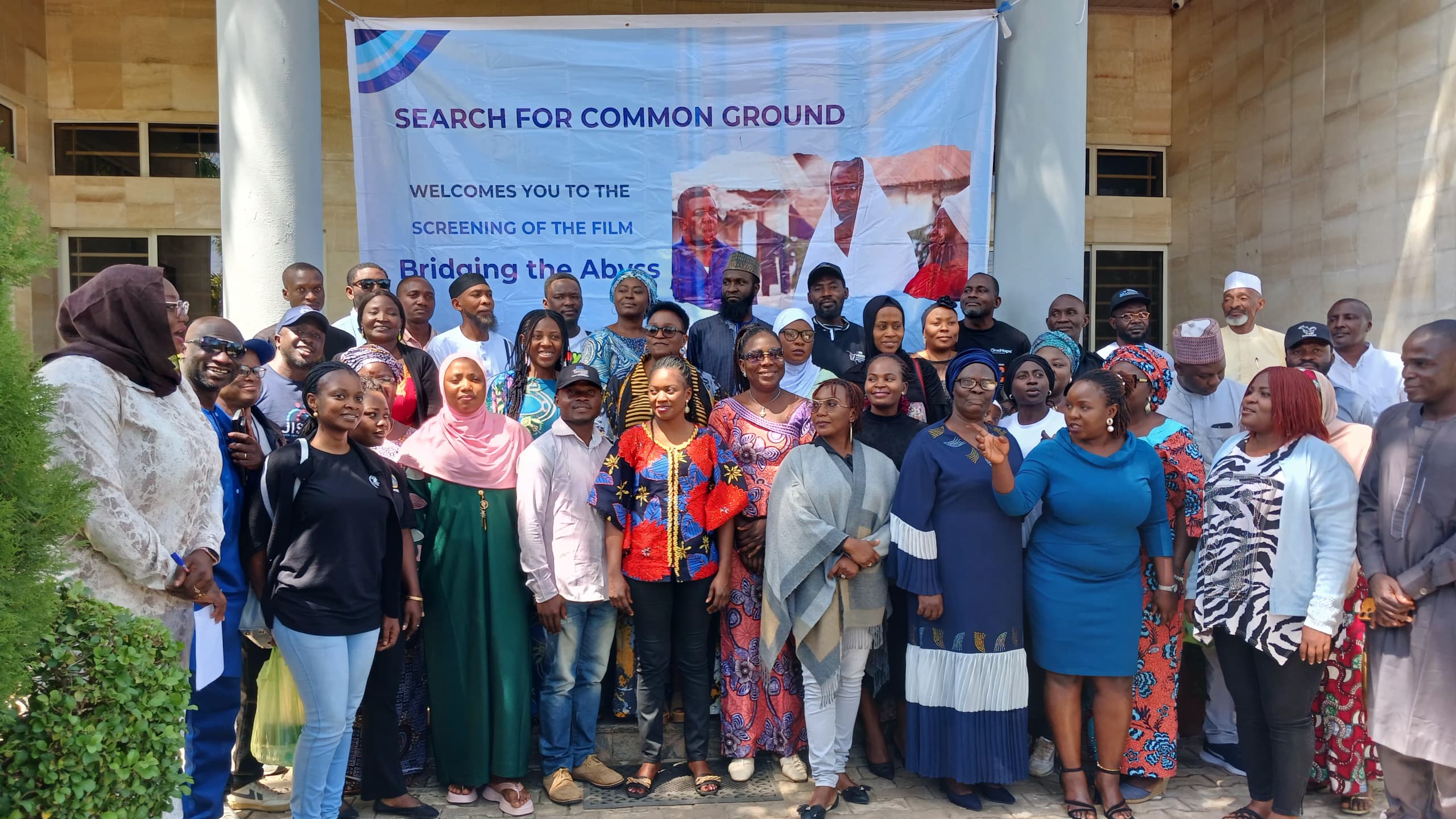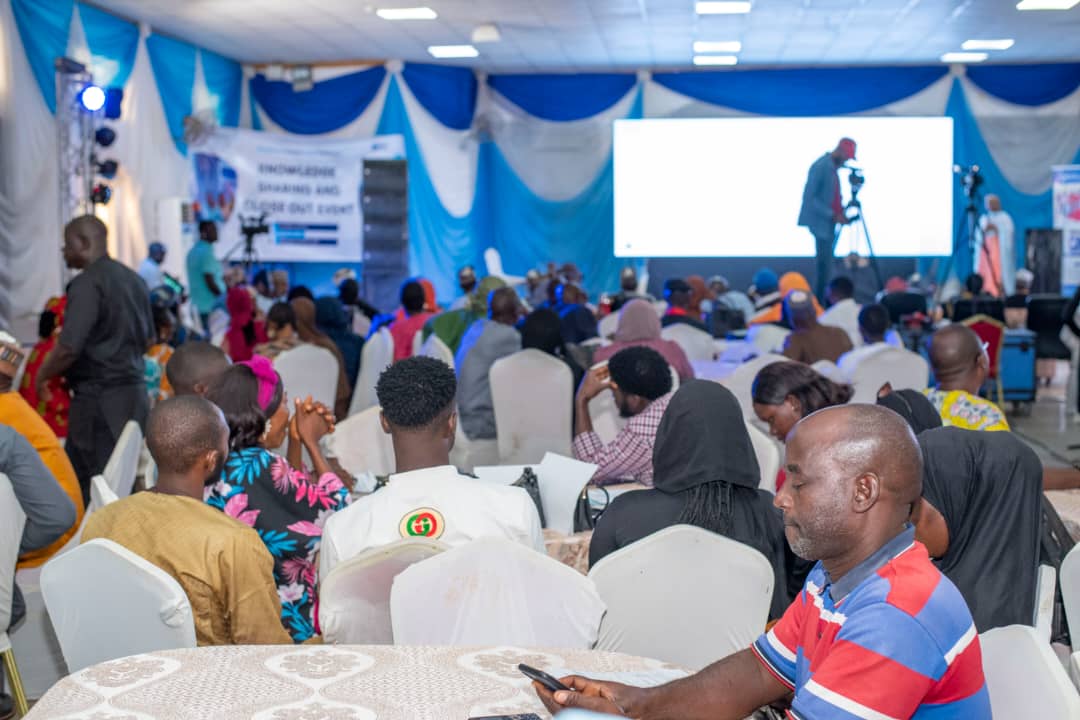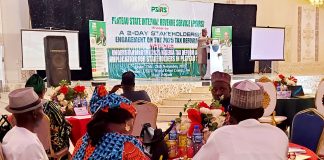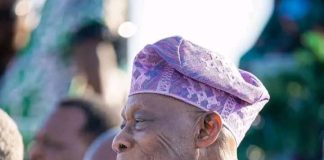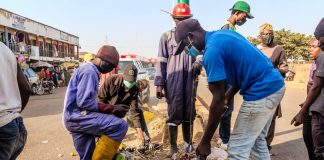Search for Common Ground (SFCG) held the screening of its film ‘Bridging the Abyss’ at Novel Suites, Jos, Plateau State, attracting stakeholders from various peacebuilding organizations and advocates for Freedom of Religion and Belief (FoRB).
The film is aimed at promoting religious tolerance, interfaith harmony, and fostering a better understanding of FoRB in communities. The film forms part of SFCG’s broader strategy to encourage dialogue and cooperation among different religious groups in Nigeria.
During the event, Mrs. Habiba Ghazali, Senior Project Officer of SFCG, outlined the objectives of the program, which began in 2022 following the unfortunate Deborah Samuel incident in Sokoto. She explained that the project is designed to empower local actors to address conflicts arising from religious tensions at both national and state levels. One of the key goals is to establish early warning systems that can detect potential religious conflicts and provide timely interventions to prevent violence.
The film ‘Bridging the Abyss’ serves as a tool to spread awareness about FoRB, while emphasizing the importance of interfaith dialogue and cooperation. Mrs. Ghazali shared that the film has been well-received in communities, where it is helping to break down barriers between different religious groups. Through these screenings, SFCG aims to educate individuals, particularly the younger generation, about the need for mutual respect and the dangers of religious supremacy or intolerance.
Despite the progress made, Mrs. Ghazali acknowledged that challenges remain, particularly the low level of awareness about FoRB in many communities. She highlighted that many individuals are unaware of their right to practice their religion freely. To address this gap, SFCG continues to collaborate with religious leaders, stakeholders, local authorities, and human rights organizations to create safer spaces for dialogue and ensure that FoRB is respected across all communities.
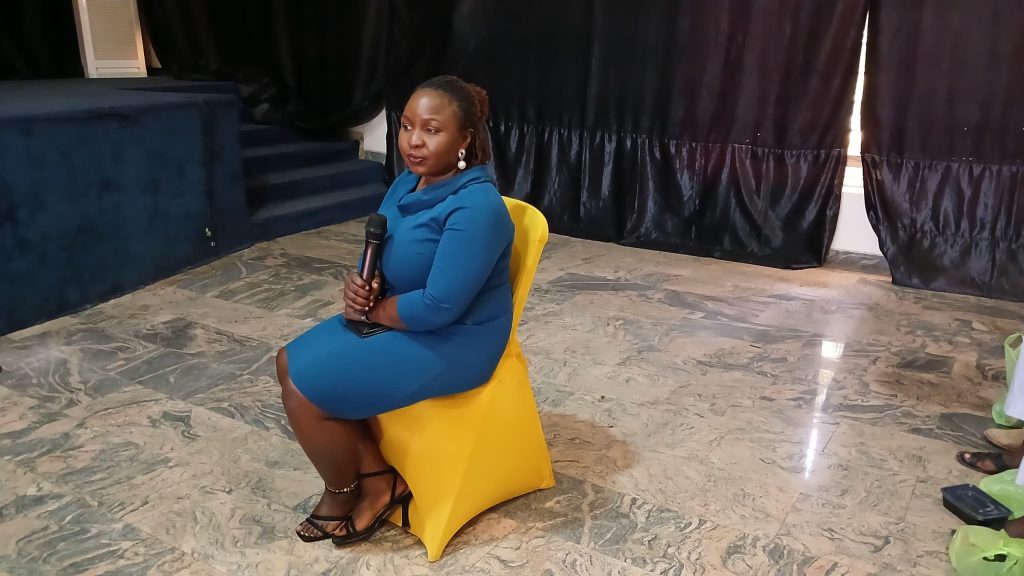
The film screening featured a panel discussion moderated by Mrs. Katlong Dasat, with key insights from panelists Mr. Salis Abdulsalam Mohammed, Mr. Nehemiah, Mr. Taddy Chollom, and Mrs. Ngozi. The discussion centered on Freedom of Religion or Belief (FoRB), a constitutional right in Nigeria that entitles every citizen to choose their faith or belief system freely. Each panelist provided unique perspectives on the challenges facing religious freedom and coexistence in the country, linking their remarks to the broader societal context.
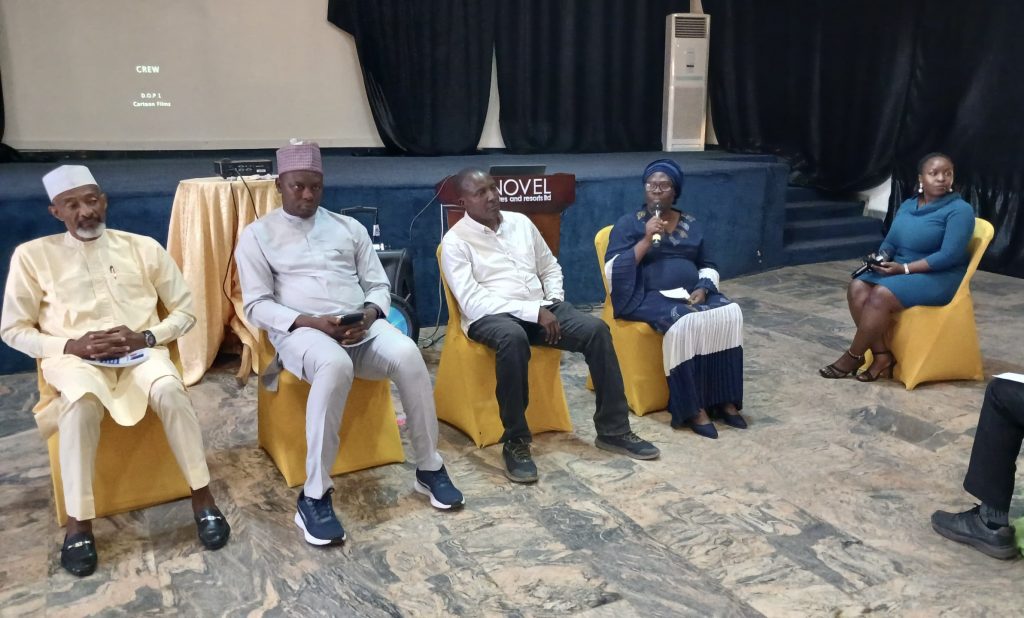
Mr. Salis Abdulsalam Mohammed emphasized the importance of overcoming misconceptions about religious freedom. He argued that the right to believe should not be confined to major religions like Christianity and Islam but extended to every individual, regardless of their beliefs. Mohammed highlighted how misconceptions about religious freedom, often promoted by religious leaders, lead to intolerance and conflict. He stressed the need for a more inclusive understanding of this constitutional right.
Mr. Nehemiah focused on the underlying causes of religious tension, particularly the quest for supremacy among different religious groups. He pointed out that even within the same faith, there is competition for dominance, which further exacerbates religious conflicts. Nehemiah urged for the recognition that everyone’s belief system has boundaries and limitations, and respecting these boundaries is key to fostering peaceful coexistence.
Mr. Taddy Chollom expanded on the theme of tolerance, especially in diverse communities. He mentioned that while some communities like rayfield in Plateau State have successfully coexisted despite religious differences, others struggle due to ignorance and manipulation by political leaders. Chollom called for more sensitization efforts, especially in communities where religious tensions are high, to promote tolerance and understanding.
Mrs. Ngozi addressed the role of ignorance and lack of education in perpetuating religious conflict. She noted that both the uneducated and some of the elites misinterpret religious freedom, leading to misguided actions and beliefs. Ngozi highlighted the need for education and awareness, particularly among children, to understand their rights and the boundaries of others’ beliefs. She also pointed out that parents play a crucial role in shaping their children’s understanding of religion and promoting respect for diverse beliefs.
Following the screening of the film, Mr. Salis Mohammed and Mrs. Nene Dung shared insightful contributions aimed at fostering Freedom of Religion or Belief (FoRB), peaceful coexistence, and religious tolerance.
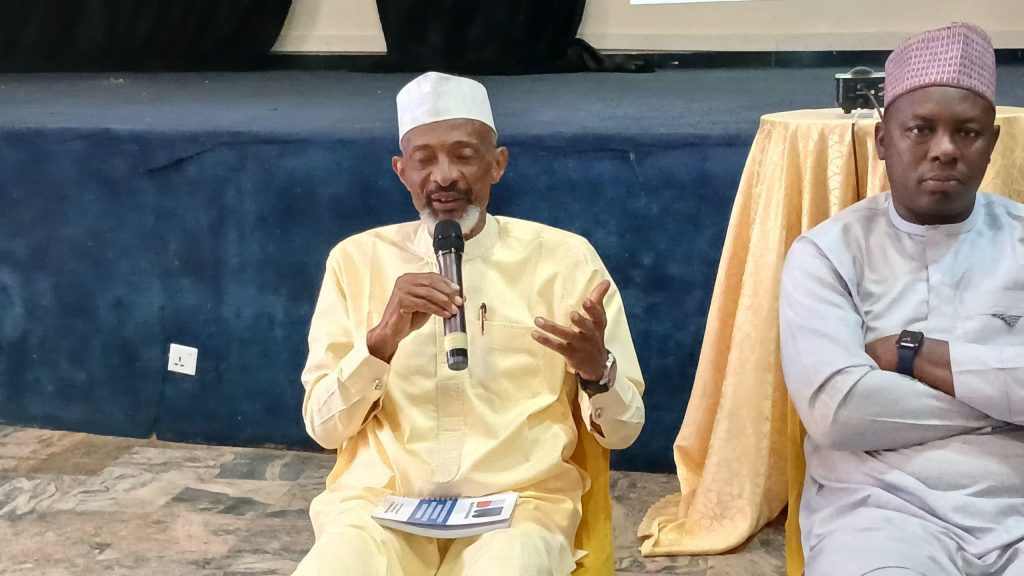
Mr. Salis Mohammed, reflecting on his initial reaction to the film, admitted to starting with a narrow perspective. “When we talk of religion, the first thing that comes to mind is either Muslim or Christian,” he noted, emphasizing that there are over 10,000 religions globally, but people often limit their understanding to just a few. He praised the filmmakers for crafting a script with a universal message that could resonate across different cultures and faiths. He also expressed concern about the role of religious leaders in fueling conflicts, suggesting that followers need to think beyond their immediate surroundings and foster relationships based on genuine understanding. Using the example of his daughter Anima and her close friend Sarah, he illustrated how innocent relationships formed without regard for religious differences could teach adults valuable lessons in unity.
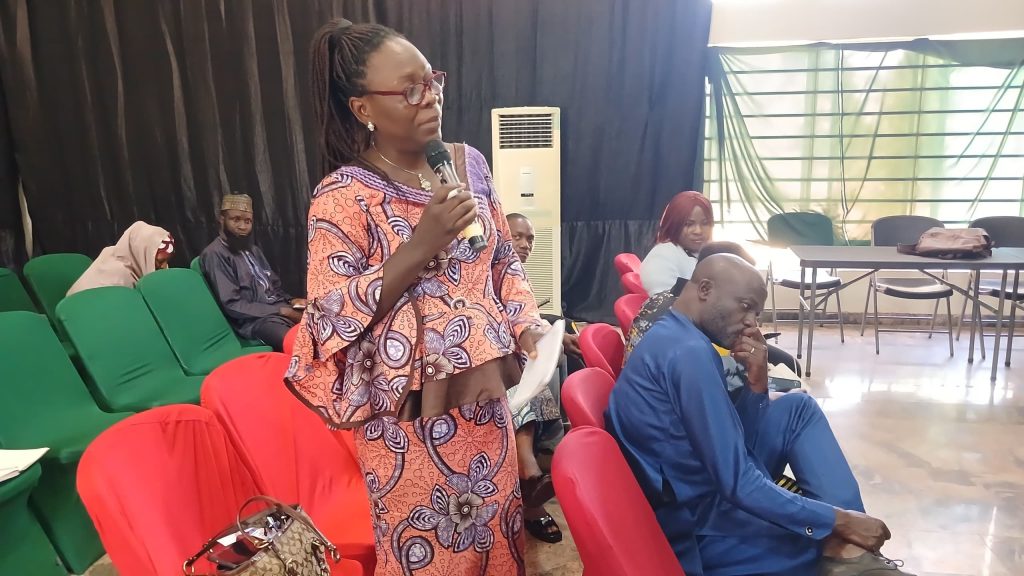
Mrs. Nene Dung commended the filmmakers for their careful approach to addressing religion without casting blame on any specific faith. She highlighted the importance of promoting messages that unite rather than divide, especially within religious spaces. “Some messages we preach, even on the pulpit or in mosques, are not open to all,” she cautioned, urging religious leaders to be more mindful of the impact their words have on their congregations. She added that the younger generation is beginning to reject divisive teachings, and the film serves as a timely reminder for people to prioritize understanding over mere tolerance. “Tolerance has limits, but understanding goes beyond those limits,” Mrs. Dung emphasized, calling for a deeper commitment to fostering mutual respect and peaceful coexistence among different religious groups.
